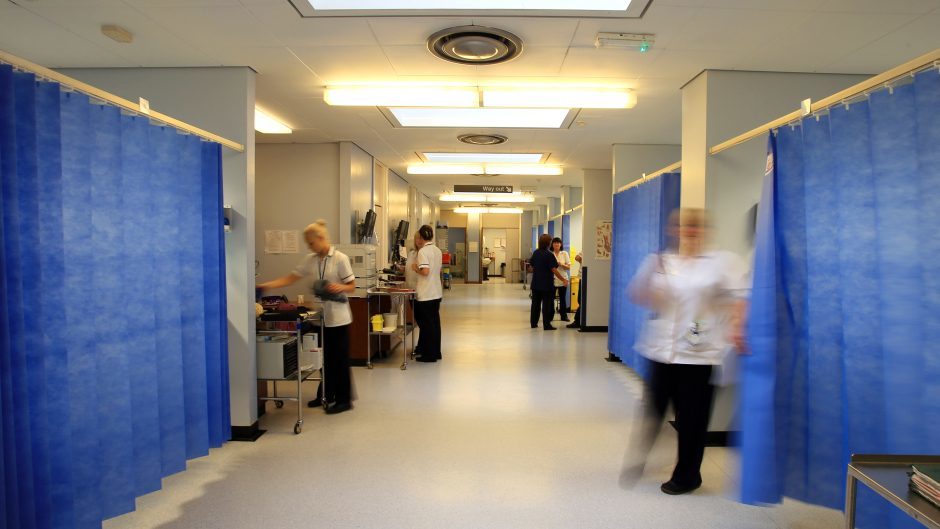It is little surprise that the front line workers who have risen so heroically to the challenges of coronavirus are among those who most need help to cope with its emotional impact.
With this in mind, academic researchers have found ways of helping struggling NHS Highland staff to deal with their mental health battles through the use of digital technology
A team from the University of the Highlands and Islands in Inverness launched a new project in May to ensure that front line workers fighting to save lives during the pandemic had some help.
The “personalised mental health toolkits”, which included activities like exercise and mindfulness techniques, monitored their mood and anxiety levels using an app.
The workers then received tailored, personal feedback and information about support.
The project was launched to help understand the underlying impacts of the Covid-19 pandemic on the mental health of front line staff.
 Speaking about their research, Sarah-Anne Munoz, head of the university’s division of rural health and wellbeing, said such workers have paid the highest price in battling the coronavirus pandemic.
Speaking about their research, Sarah-Anne Munoz, head of the university’s division of rural health and wellbeing, said such workers have paid the highest price in battling the coronavirus pandemic.
She said: “When the pandemic started, we felt that healthcare professionals were potentially one sector that could be most impacted negatively.
“We were particularly thinking about evidence from other global pandemics and the impact they have had around burnout and notions of resilience in the healthcare sector.
“In Highland, we have seen there are higher levels of depression and anxiety than when we compared that to staff working in China at the peak of the pandemic.
“That was a particularly interesting finding because we might have suspected that at the epicentre people would be under more stress.
“Some of the things that can affect people were worrying about the impact of them continuing to work and the implications that would have on their families, and people not having contact with their families through fear of infection.”
A total of 107 front line workers made use of the support over a six month period.
Healthcare workers benefit from new technology
Upon further analysis of the data, researchers found that participating workers had experienced an overall improvement on their well-being through taking part.
Ms Munoz feels the findings demonstrate the need to “support the people supporting us”.
The researcher added: “Considering the whole population of the healthcare professionals that took part, we can now see from the statistics an overall increase in wellbeing for those who used the app compared to those who did not. This is great news for the project.”
The six-month project was developed in response to a rapid research funding call issued by the Scottish Government’s Chief Scientist Office in March.
The Scottish Government provided £44,550 worth of funding for the initiative.

Analysing the impacts of isolation on rural communities
Researchers have now started analysing the impact of the pandemic on individuals with long-term health conditions and in rural areas.
From next month, the team will begin interviewing individuals and working with third sector organisations to analyse the affects Covd-19 has had on their lives.
Ms Munoz said: “There is not a lot out there on how the impact has been felt in rural communities.
“I think sometimes it’s been a bit neglected because our case rates are lower and we were placed in the lower tiers.
“Even if there is not a high level of Covid cases, there are still impacts in terms of how people are feeling and the emotional and social impact on rural residents.
“Certainly with the third sector organisations we have worked with, they say there is a need to speak to rural residents and find out how services can respond in the most appropriate ways to ensure people are still socially connected.”
